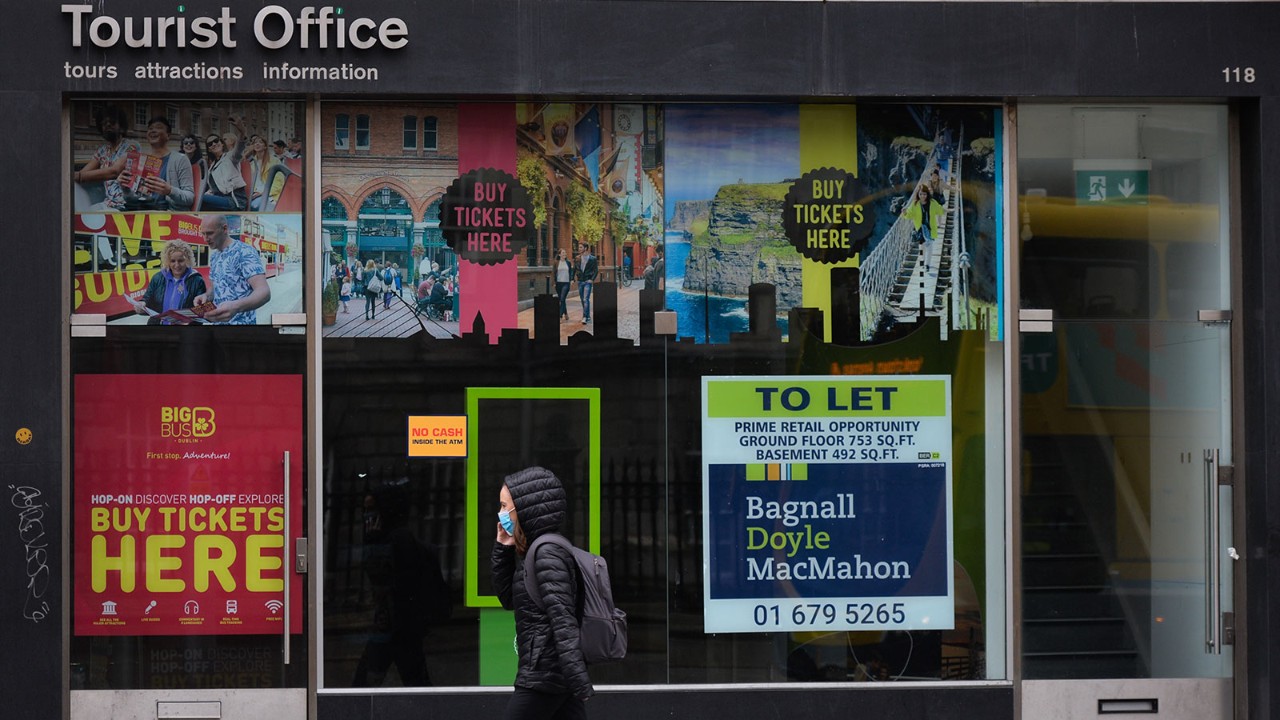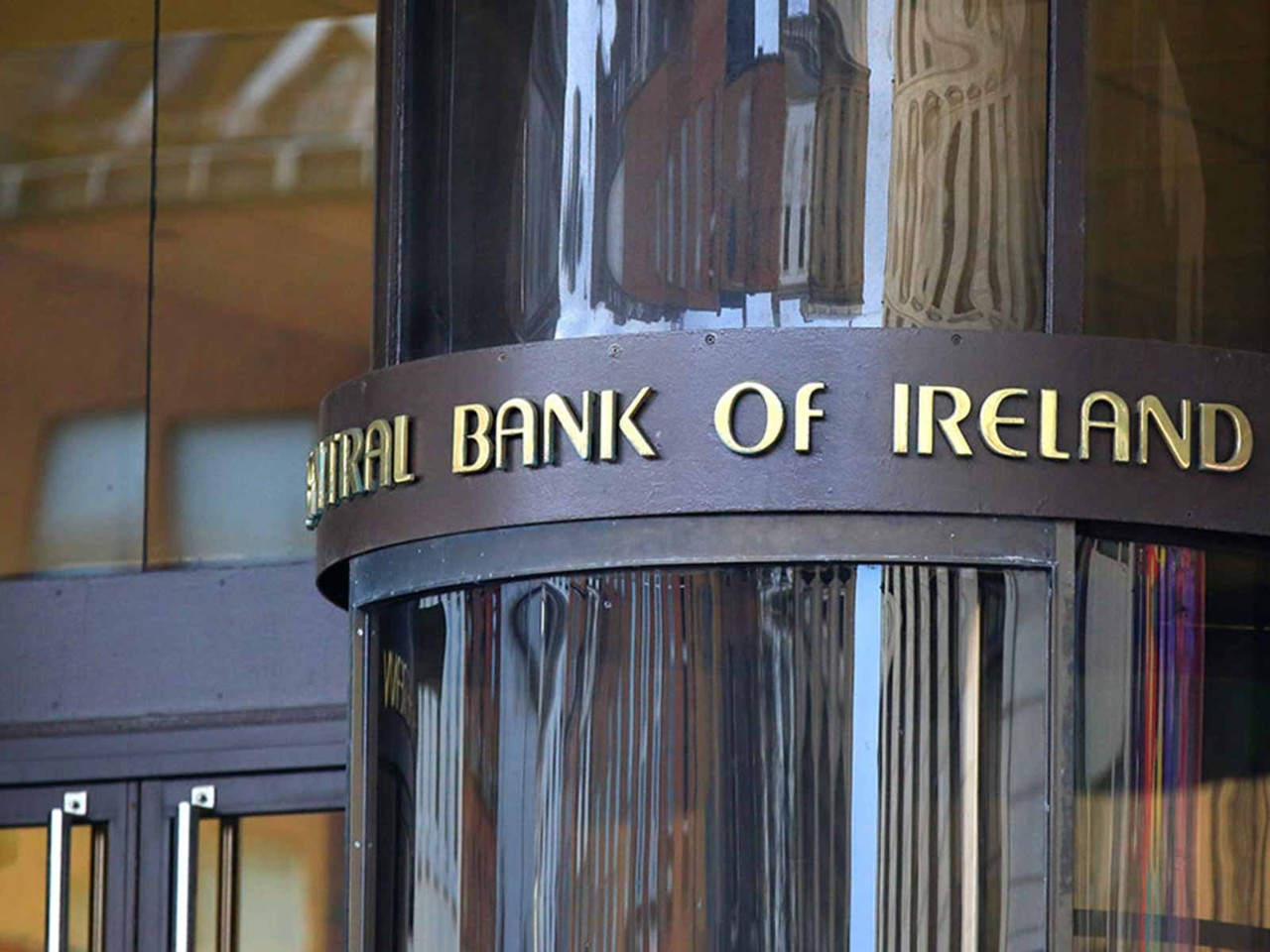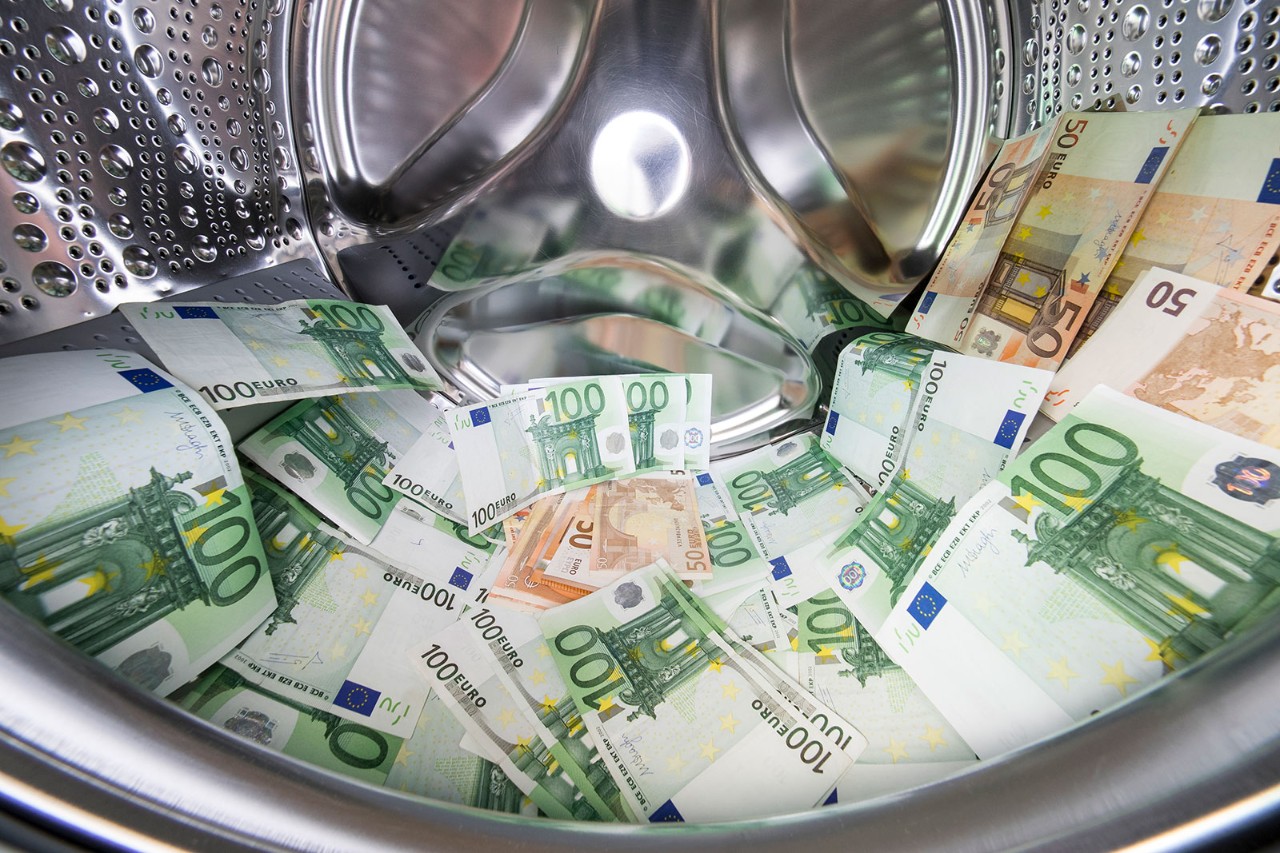
When a single-digit fall in productivity can signal the deepest recession (2009, the worst year of the financial crisis, saw Ireland’s GDP fall by 7%), it can be a challenge to find the language to describe the impact of the pandemic on key parts of the economy. Of all the sectors of the economy damaged by Covid-19, tourism stands apart as the most devastated.
An industry worth €9.3bn to the economy in 2019 and employing 265,000 people saw, according to the Irish Tourism Industry Confederation (ITIC), revenue collapse by 90% and at least 160,000 jobs lost. ‘The collapse has been vertiginous and shocking, and thousands of businesses are teetering on the brink,’ the ITIC says.
Niall Gibbon, chief executive of Tourism Ireland, agrees. ‘There’s no way to describe the decimation of last year,’ he says. ‘We had 11.3 million visitors to the island in 2019. We estimate there was a fall of 80% last year.’
‘At what percentage of the vaccination programme can we begin to set down dates for reopening?’
Tourism’s route out of the pandemic
The Irish Tourism Industry Confederation (ITIC) has set out the following actions as essential if hospitality and tourism businesses are to survive the pandemic:
- urgent rollout of the vaccination programme and clarity on key milestones
- doubling of the Covid Restrictions Support Scheme and its extension to all tourism businesses, as well as the removal of the current cap
- continuation of the employment wage subsidy scheme at current levels for all of 2021
- doubling of tourism budgets to include business continuity grants, marketing funds and upskilling programmes
- reintroduction of the Stay and Spend Scheme as a consumer-friendly voucher
- extension of the waiver on local authority rates for the rest of 2021
- introduction of cost-effective, rapid and scalable Covid-19 testing for international travel
- continuation of VAT at 9% to 2025
- six-month moratorium on bank loans for businesses and mortgages for tourism sector employees
Read ITIC’s report, Leading the Tourism Recovery: how Irish tourism can recover from an existential crisis
At the beginning of 2021, hopes for recovery were pinned on a robust rollout of the Covid-19 vaccination programme. Elaina Fitzgerald Kane, president of the Irish Hotels Federation, described a clear roadmap around this as the key to recovery and pointed to a central question the industry would have for government: ‘At what percentage of the vaccination programme can we begin to set down dates for reopening?’
No roadmap
As March 2021 came to a close, any such roadmap remains conspicuous by its absence, largely due to a slower than expected start to the vaccination programme. While her comments related to publicans, Gillian Knight of the Licensed Vintners Association arguably spoke for many in hospitality when she recently said: ‘So many are stressed, under financial pressure, feel let down by the government, disrespected by the way information on reopening is being given informally and without regard for staff and livelihoods.’
Tourism industry hopes were firmly pinned on the second half of 2021 as the government originally expected 80% of adults to have received their first jab by the end of June, although the decision to pause the rollout over concerns about possible side effects has cast doubt on this target.
Even though the tánaiste Leo Varadkar has voiced his expectation that ‘there will be a domestic tourist season this summer like there was last summer’, a repeat of last year would still be far from sufficient for many businesses.
A recent report by EY found that Dublin hotels fared among the worst in European capital cities in 2020, largely due to domestic tourists steering clear of the city. While Irish regional hotels had an average 54% occupancy rate, the figure for Dublin was just 24%.
More M&As likely
It’s a situation that will inevitably have consequences. Richard Duffy, director for corporate finance at BDO, believes some ‘forced’ M&A activity is increasingly likely. ‘This will probably occur towards the second half of the year when government supports are reduced and pressure comes from funders for loans to be serviced and/or repaid,’ he says.
Whatever the delays, vaccination remains the undisputed silver bullet for escaping the crisis, the ITIC says. It has called on the government to ‘explore the use of health passports’ to encourage the return of overseas visitors once it’s safe to do so.
The significance of inbound tourism to the viability of the sector is also highlighted by Austin Hickey, director of BDO’s consulting service. He says: ‘It is vital that the government and its agencies now focus their efforts on doing what they can to get Ireland open for international visitors.’
Vaccine passport concern
The government has so far reacted with characteristic caution on the issue of vaccine passports, arguing that advice from the World Health Organization and the European Centre for Disease Prevention and Control remains against their introduction. The tánaiste recently said: ‘The vaccine passports don’t yet stack up scientifically or medically because we just don’t know at this stage to what extent vaccines reduce transmission.’
Responding to pressure from countries reliant on tourists, such as Greece, the EU has now signalled that a vaccine certificate system will be in place in time for summer. It is expected to allow those who are vaccinated, test negative or have recently recovered from Covid-19 to travel within the EU.
Soon after the announcement, deputy chief medical officer Dr Ronan Glynn reiterated the government's plan to 'proceed very cautiously on the basis of the data in front of us' and indicated that foreign travel remains ruled out until at least the end of June.
Travel disruption
For Ireland, however, even a best-case scenario around freedom to travel will confront the harsh reality of sea and air links disruption. Dublin Airport indicated in January that it now has scheduled flights to 85 cities around the world, down from 200 before the pandemic, a situation that will take many months, if not years, to reverse.
With a temporary pause on the AstraZeneca vaccinations the latest setback, expectations for the 2021 tourism season remain muted at best. Ireland’s hospitality sector can expect, in only the most unfortunate metaphorical sense, a long, hot summer ahead.




